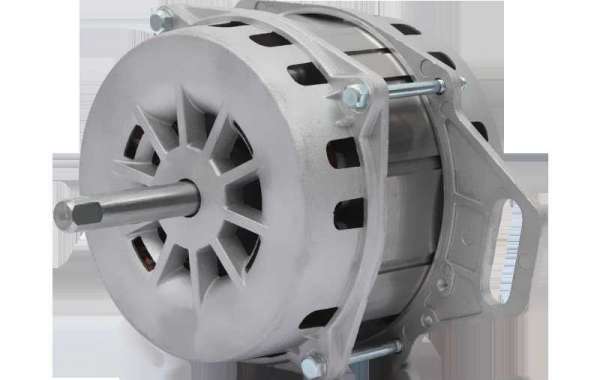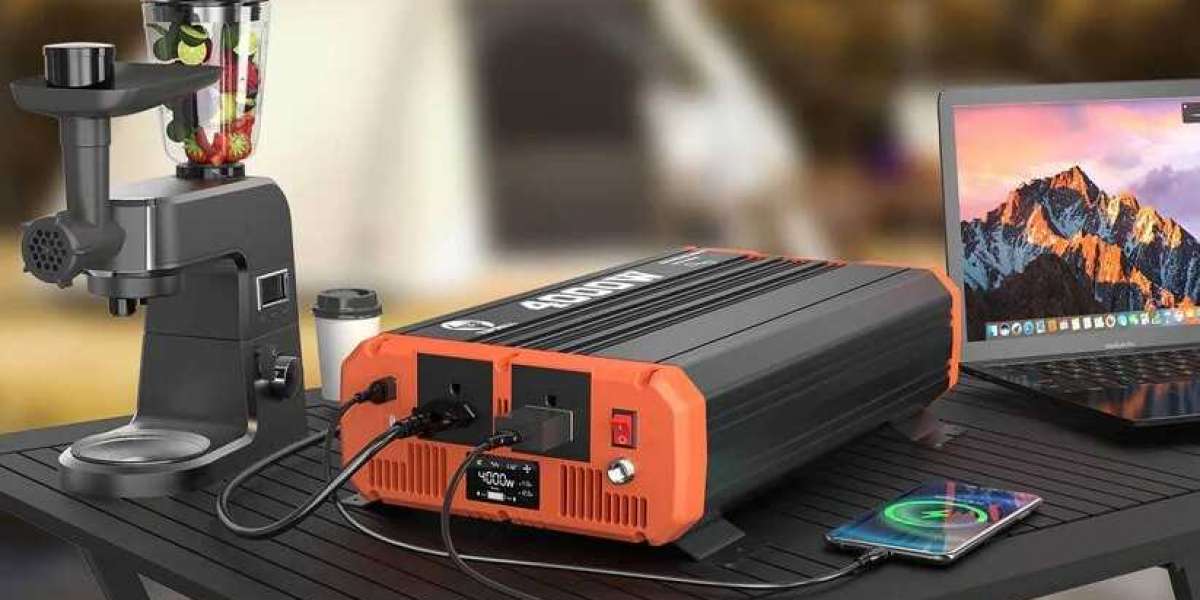The washing machine is often considered the workhorse of your home. In most houses, the washer is almost constantly working to get clothes clean.
Before choosing the best model for you, here are some points to help inform your purchase.
Size
Start by measuring the intended installation space – making sure you pay close attention to depth, as machines often vary. Add in a centimetre or two for clearance on each side, consider how the door will open, and don’t forget to measure areas of access for when they deliver it.
Also consider the layout of your home. Top loaders, for example, tend to be better suited to laundry rooms over kitchens, whereas front loaders can fit under a bench or above or below a dryer.
If it’s in a room where you spend time, noise level is a consideration. Check the decibels – with anything below 50 decibels considered particularly quiet.
Type
If you have limited space, a front loader may better suit your needs and cost less to run. They tend to be gentler on clothes – if you happen to have lots of delicates – as they work via a spinning drum versus a pole-style agitator in the middle.
If you do frequent, large washes, and have the space, then a top loader may be more viable.
Alternatively, if you want a two-in-one workhorse, washer-dryers combine both appliance functions, though consumer choice websites remain unconvinced. The drying capacity is also lower than the washing capacity, so you may have to adjust the load midway.
Capacity
Drum sizes range from 5kg all the way up to 16kg – indicating the weight of clothes it can wash on a standard cotton setting. As a guide to capacity, one complete outfit usually equates to around 1kg.
Washing machines are most efficient when carrying a full load, so choose a high-capacity drum if you’re a busy household and a smaller drum if you’re a one- or two-person household.
Water and energy efficiency
Want to save money and be kinder to the environment? Look out for the Energy Star Rating out of 10 and a WELS (Water Efficiency Labelling Scheme) score from zero to six stars. The more stars, the better.
Energy-saving machines may cost more now, but are better for your wallet (and the planet) in the future. If you want to use electricity, consider washing clothes at 40 degrees instead of 60 degrees, though certain items may require a higher temperature.
Functions and features
Look out programs and features that suit your needs, for example, hand wash, fast wash, baby wash, sports wash, child locks, or automatic sensors, which will automatically adjust your machine settings depending on the size of the load and how soiled it is.
If you’re busy, it may be worth investing in a machine with a delay timer, which means you can time your wash to end when you get home, to avoid that musty stench.
Washing machines are the most commonly used household appliances in homes, so purchase with caution, Click the https://www.zjnanyangmotor.com/ for extra Tips on Choosing the Right Washer for You and information of washing machine parts - NanYang Motor







